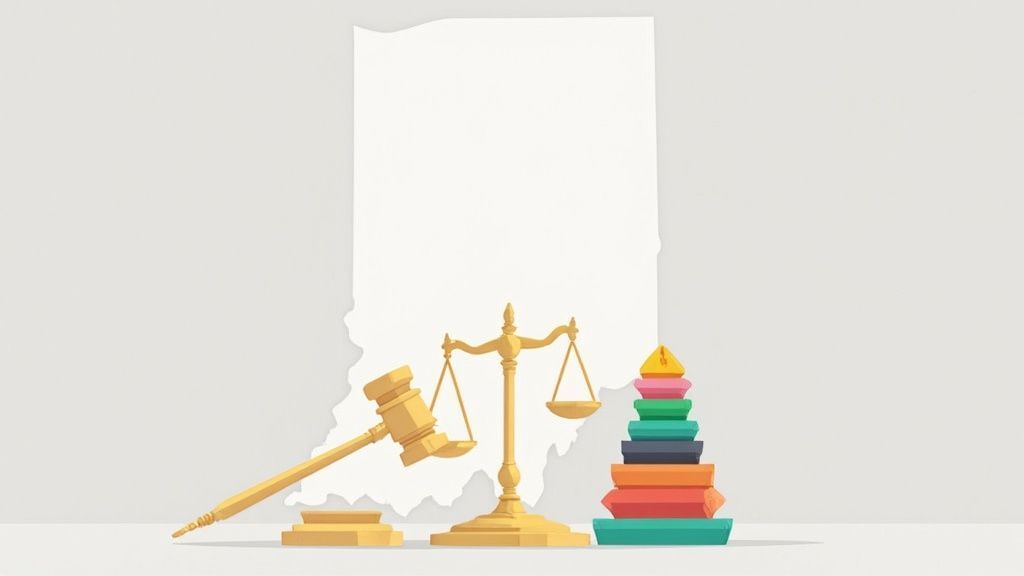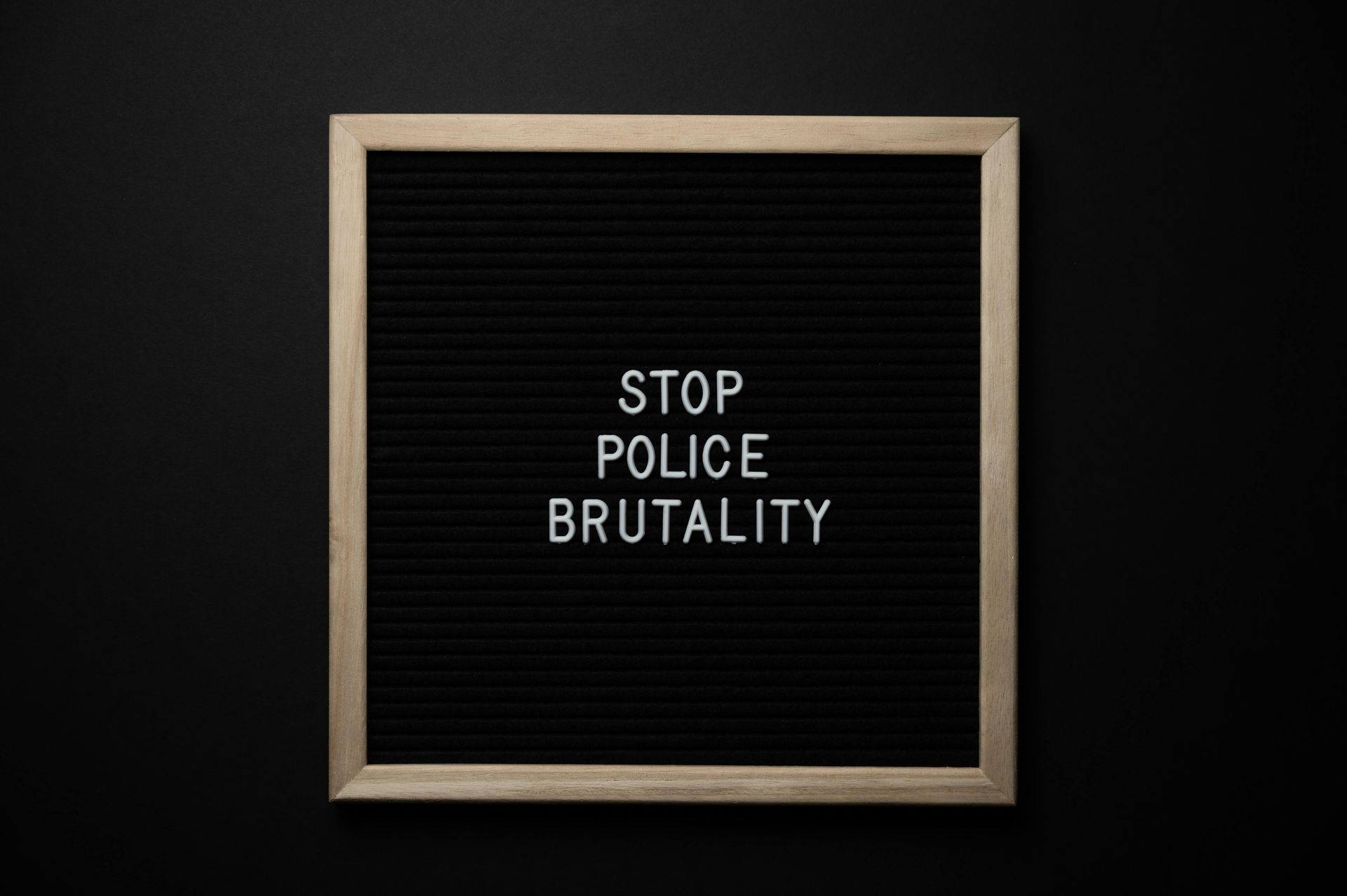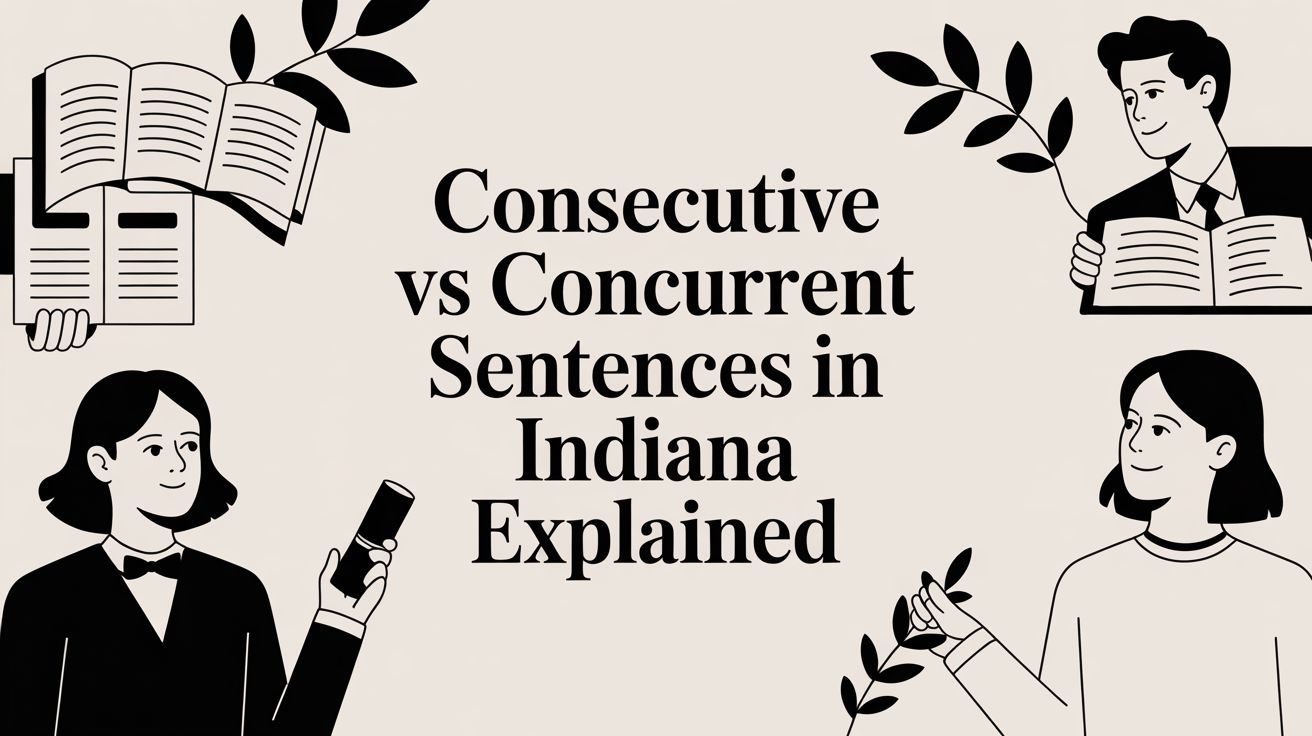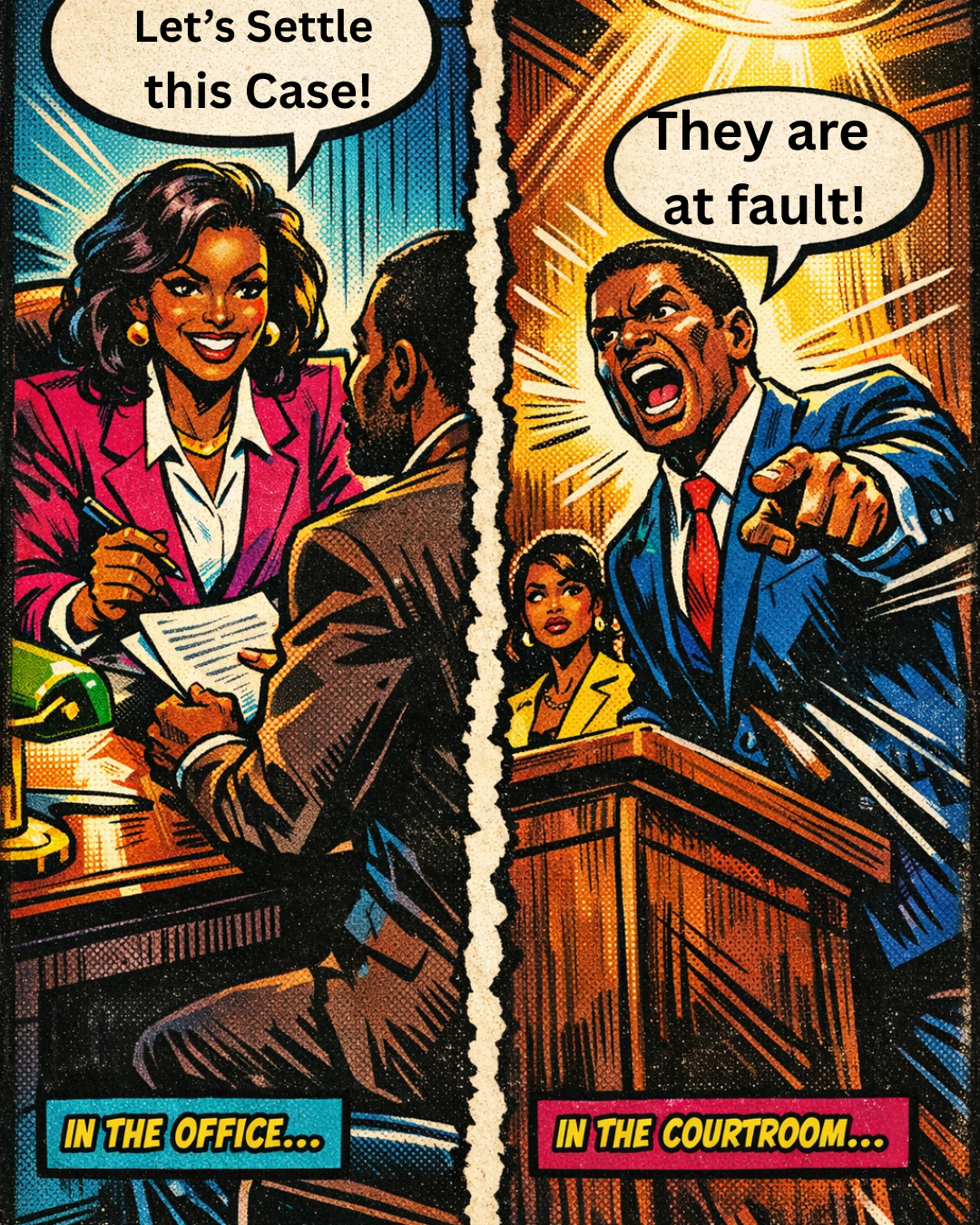Are "Stand Your Ground" Laws a License to Kill?
Does Indiana Have a Stand Your Ground Law?

Exploring the Risks of Stand Your Ground Laws
In recent years, “Stand Your Ground" laws have become popular in many states as a way to give citizens greater protection against perceived threats. These laws allow a person to defend themselves with lethal force if they feel their life is in danger. They have been used to justify a wide range of situations from the fatal shooting of Trayvon Martin in Florida, to the release of an armed homeowner who shot a suspected intruder in Arizona.But are Stand Your Ground laws really a license to kill? Let’s take a look.
What Stand Your Ground Laws Do
Stand Your Ground laws are designed to protect citizens who believe they are in imminent danger of death or serious injury from an aggressor. Under such laws, people may use deadly force if necessary without having to retreat or withdraw from the scene—even if it is possible for them to do so safely. This law applies even when the person is not on their own property, and this means that people can use lethal force even if they don't have a duty to retreat from the threat first.
The Implications of Stand Your Ground Laws
The implications of Stand Your Ground laws are far-reaching and often controversial. For example, some argue that these laws provide citizens with too much leeway to use lethal force when there may have been other options available for de-escalating the situation (such as running away or calling 911). Others worry that this type of law could lead to an increase in homicides, particularly among minority populations who may be more likely to become victims of violence due to racism or prejudice.
Are Stand Your Ground Laws Fair?
The answer is complicated. Supporters of Stand Your Ground laws argue that they protect innocent citizens who find themselves in dangerous situations and allow them to defend themselves without fear of prosecution. Opponents argue that these laws give too much power to individuals and can lead to unnecessary violence.
For instance, many advocates point out that Stand Your Ground laws tend to disproportionately impact people of color who may be seen as more threatening than white people in similar situations. Furthermore, opponents argue that these laws can be abused by those with nefarious intent such as those looking for revenge or vigilantes who take matters into their own hands outside of law enforcement jurisdiction.
What Impact Do Stand Your Ground Laws Have on Criminal Defense Cases?
It depends on the case and the state you live in. Not all states abide by Stand Your Ground statutes. Some states only recognize Castle Doctrine. This allows individuals the right to defend their homes against intruders rather than allowing them to use deadly force outside the home or other locations where they have a legal right to be present (such as public property).
However, if you live in one of the the states that have enacted Stand Your Ground legislation, then it could have an impact on whether you are able to invoke self-defense as part of your criminal defense strategy when facing charges such as a criminal battery or even murder if you can prove you were acting out of necessity due to imminent physical danger posed by another party.
Indiana is one of the states that recognizes Stand Your Ground and there is no duty to retreat.
Are these Laws a License To Kill?
Ultimately, the answer depends on how you view them and the situation you are facing. While these laws offer individuals more protection against potential violence and criminal prosecution, they can also be used as a license to kill by those who seek retribution instead of safety.
Therefore, it is important for anyone considering using lethal force in self-defense—or any kind of self-defense—to be fully aware of their state's stand your ground law and what it entails before making any decisions about how best protect themselves and others around them from potential harm or danger.
Overall, Stand Your Ground laws can be beneficial for giving citizens greater protection against threats, but they come with risks as well. It's important for everyone—especially those involved in the criminal justice system—to understand the potential consequences of these types of laws before making any decisions about how they should be used. By weighing all factors carefully, we can ensure that Stand Your Ground laws remain fair and just while still protecting individuals' right to self-defense.
Indiana Stand Your Ground Attorney
If you live in Indiana and have been charged with a crime that involves the “Stand Your Ground” defense, then you need an Indiana Stand Your Ground attorney. Indiana law allows for the use of deadly force in self-defense and defense of others, but it can be tricky to prove and requires the expertise of an Indiana attorney with experience in Stand Your Ground defense.
At the Law Office of Mark Nicholson, we have a team for Indiana Stand Your Ground who focus on helping clients properly defend themselves and others. Our team has the experience necessary to challenge the prosecution's case and make sure that your rights are properly defended. We understand the complexities of Indiana Stand Your Ground law and will fight to ensure that your rights are protected!
Contact us
today at
317-667-0718.






















